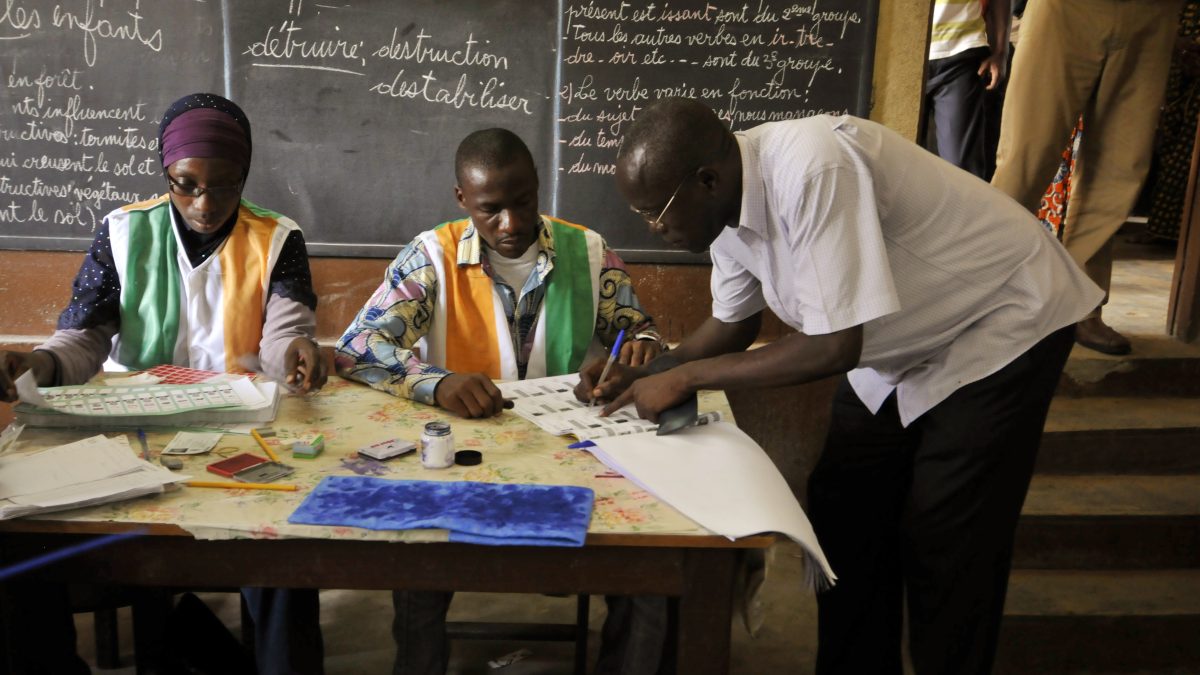Côte d’Ivoire

The Carter Center helped improve lives in Côte d’Ivoire by working with ministries of health to eradicate disease and promoting democracy through free and fair elections.
Impact
- Monitored first truly open presidential election and subsequent elections
- Successfully worked to end Guinea worm disease in the country

Related Content
Global Impact Starts with You
Your support sustains the Carter Center's mission of waging peace, fighting disease, and building hope around the world.

